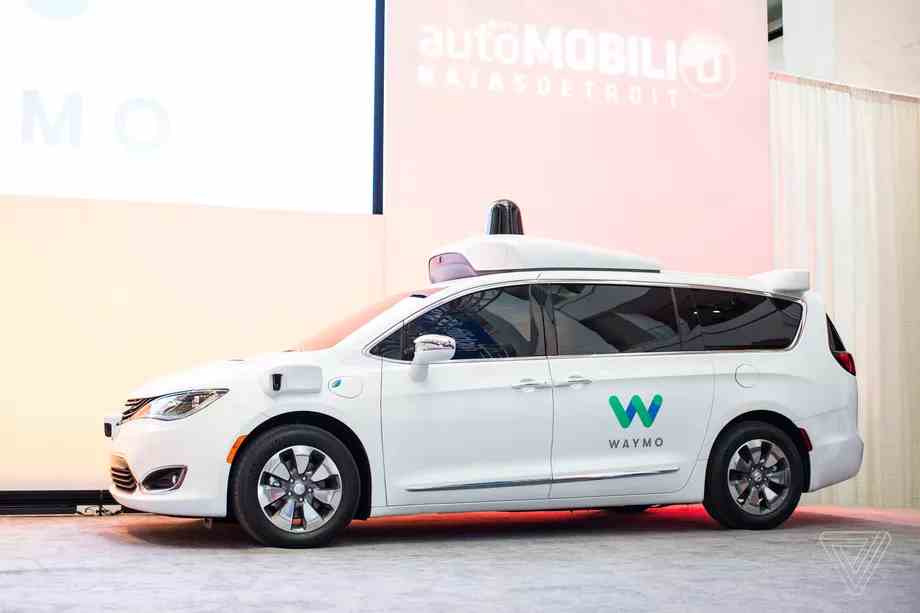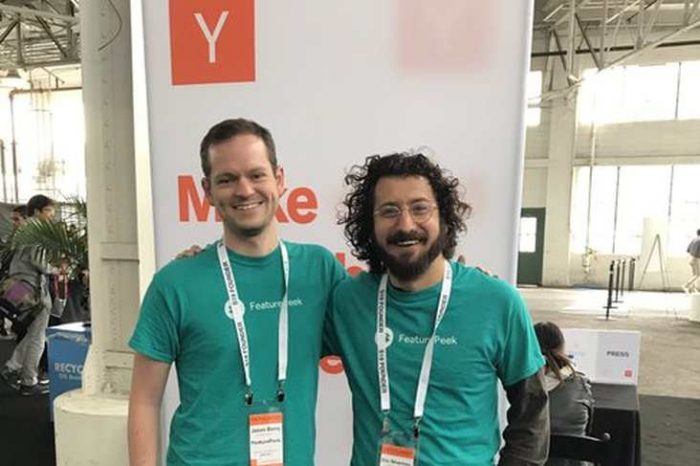Alphabet’s Waymo raises another $750 million in funding, bringing its first external round to $3 billion

We told you about Waymo back in March after the self-driving startup owned by Google’s parent company, Alphabet, raised a whopping $2.25 billion in its first external funding round. The round was led by Silicon Valley heavyweights including Alphabet itself, along with outside firms like Silver Lake, Andreessen Horowitz and AutoNation.
Yesterday, Waymo announced it has raised another roughly $750 million for its self-driving technology, expanding the size of its first external investment round to $3 billion. The backers for this round include T. Rowe Price Associates, Inc., Perry Creek Capital, Fidelity Management & Research Company, with participation from other external investors. The fundraise follows an announcement that it will be resuming driving operations in metro Phoenix, with plans to begin doing so in San Francisco, Detroit and Los Angeles soon.
In a blog post on its website, Waymo CEO John Krafcik said, “As we continue to advance the World’s Most Experienced Driver™ — the Waymo Driver — we’ll use this injection of capital to deepen our investment in our people, our technology, and our Waymo One and Waymo Via operations. COVID-19 has underscored how fully self-driving technology can provide safe and hygienic personal mobility and delivery services. We’re grateful these partners share our mission to make it safe and easy for people and things to get where they’re going.”
Waymo, which stands for a new way forward in mobility, is a self-driving technology company with a mission to make it safe and easy for people and things to move around. Late last year, we wrote about Waymo when the company acquired self-driving AI startup Latent Logic as part of its push to expand into Europe.
Founded in 2017 by Joao Messias and Shimon Whiteson, Latent Logic, formally Morpheus Labs, has developed state-of the-art deep reinforcement learning techniques which allow robots to solve complex “human” tasks by learning from demonstration. The lead market for this technology is autonomous vehicles, where it can speed up the development of autonomous control systems, or test their performance and safety via simulated test cases with realistic human behaviors.


